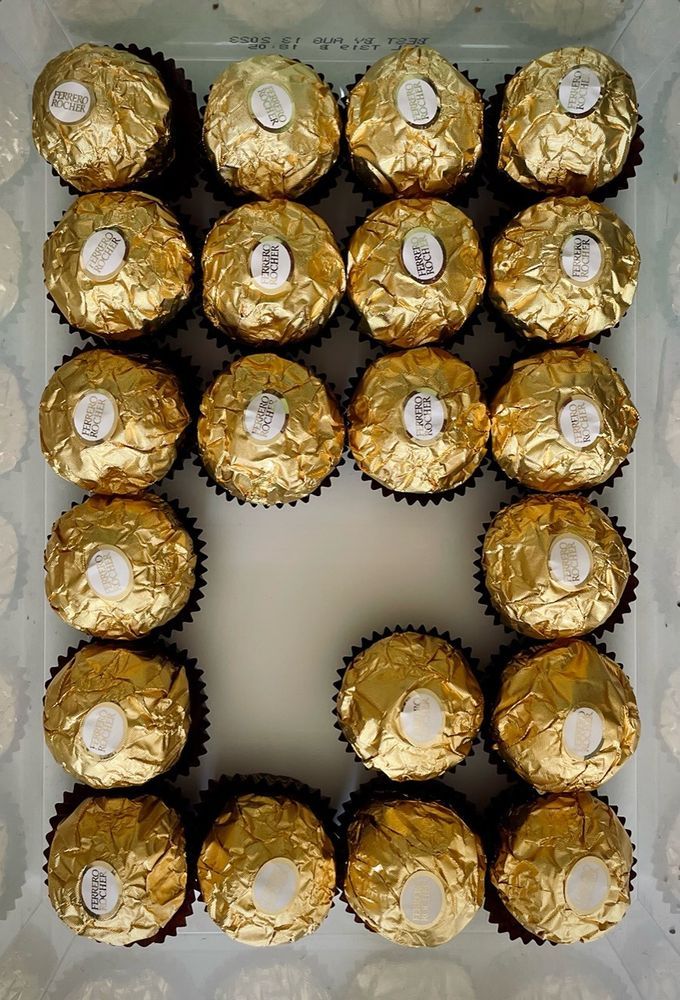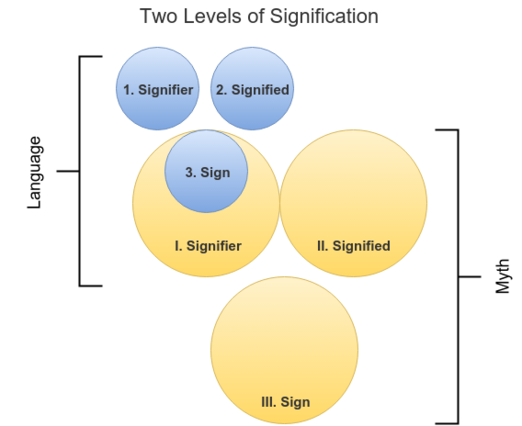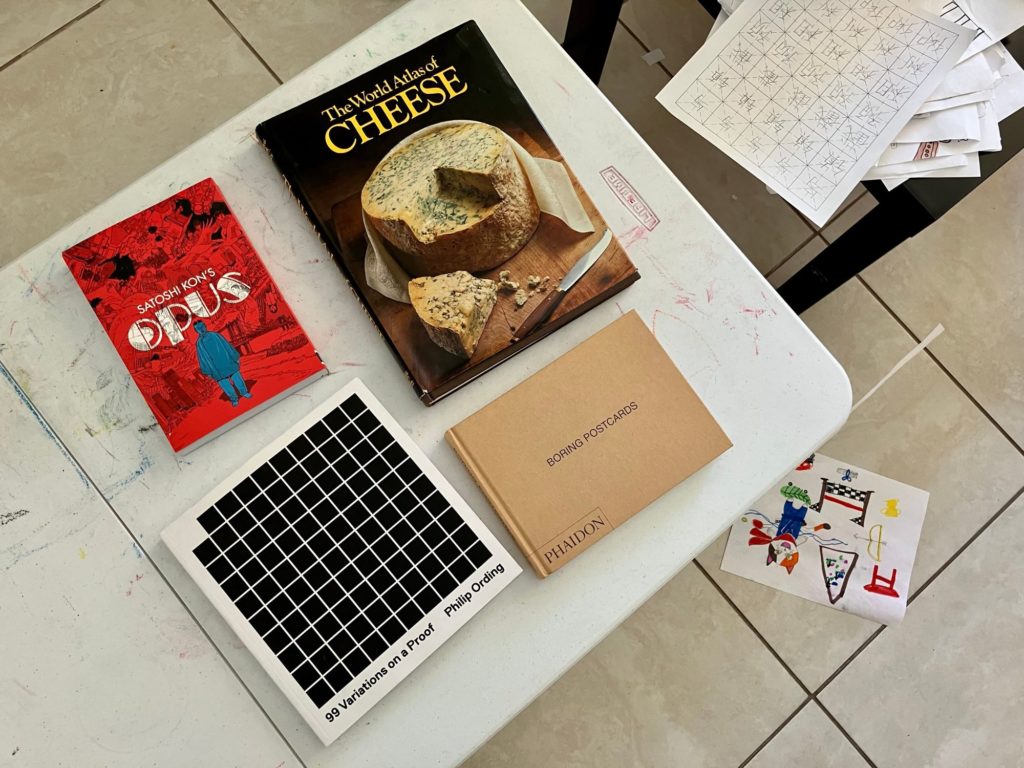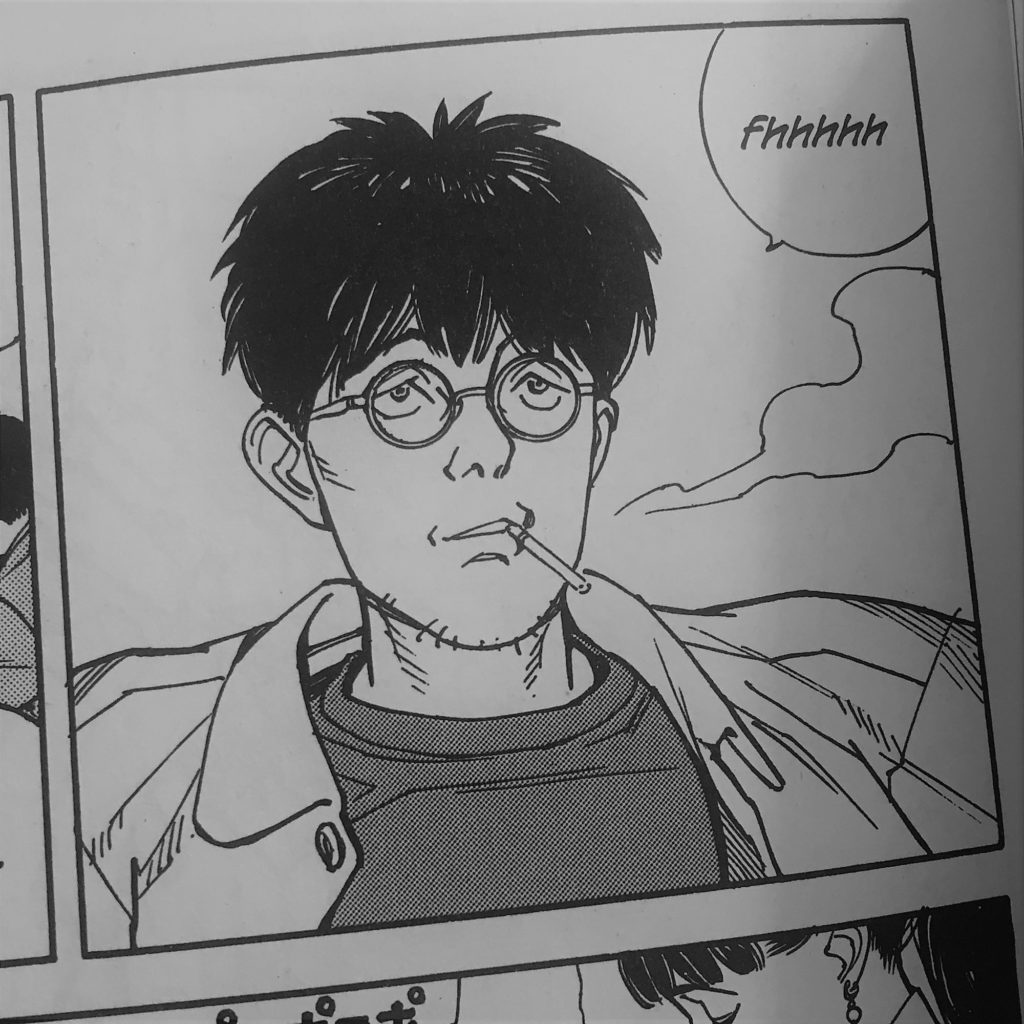To excel in life we need to address three gaps — Belief, Value, and Time.
Belief gaps are the deep cause of your underperformance. It’s hard to change ingrained beliefs. Hyrum recommends that you test drive new beliefs by acting “as if” to see if the alternate reality will ultimately change your situation.
Value gaps are your own personal constitution. What matters? So much that they govern your life? How will you prioritize them, to reorient your life?
Hyrum uses the I-Beam thought experiment to test how important something is in your life. What’s worth crossing the Grand Canyon on a little slippery I-beam?
- Family
- Integrity
- Health
- Mind
- Work / Finances
- Making a Difference
Time gaps are where the practical world collies with Belief and Value gaps. His primary recommendation is to start the day with daily “Magic 15 Minutes” exercise.
- Quiet Focus
- Seek Inspiration
- Review Values
- Integrate Long Term Goals
- List Appointments
- List Tasks
- Prioritize
That’s it. It’s a two-hour audiobook that took an hour at 2x speed.
I was inclined to like this book since I have a weakness for self help fare and I appreciated that he didn’t bloat the book like many others in this genre.
However, I could argue that his advice is too simplistic. This book is for someone who is already in a good spot and wants an extra edge. Someone in a tough spot has bigger emergencies at hand.
For someone in such a difficult situation, I wonder if such bootstrap advice is comes off insulting. Ultimately, this is generic advice, packaged tightly.
When I wrote the first draft I thought this might be a good book to return to regularly, like John Miller’s QBQ. In reality, I haven’t given it a second thought over the past two years.





